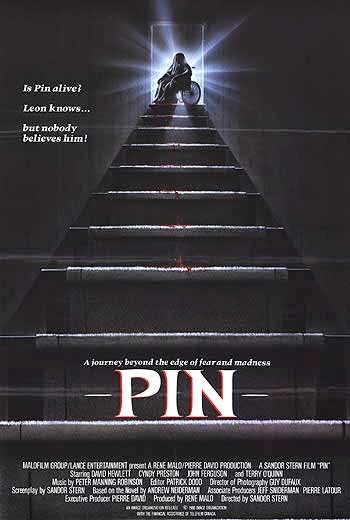

The reason I like a particular song is rarely because of the lyrics—how they speak to me, the deep philosophical meaning of what they are saying, etc. If I like a particular song it is because I like the melody and the arrangement of the instrumentation in that song. I include the voice of the singer/singers in any given song. The voice of the artist does not only provide a way of conveying the subject matter of the song, but it also serves as a separate and unique musical instrument. Sometimes I wonder what percentage of folks like a song for the way it sounds as opposed to the lyrics. Join me now as I embark upon a musical journey of previously unseen depths and precision!
If I like a song enough, I will eventually listen more closely to the lyrics and end up memorizing most of the song and singing along with it in the car. I love Billy Joel’s 1973 song, “Captain Jack” from his Piano Man album. This song is about a lonely young man who drowns his sorrows in whiskey. That is simplifying the song, but essentially, Billy Joel goes through a list of several things that are depressing the young man and at the end of each lyric, Billy suggests that the young man drink some Captain Jack to forget about his troubles. This song does not speak to me lyrically. It sounds great, however. The combination of the arrangement of the instruments used in the song and the always great voice of Billy Joel make for one of my favorite songs. Billy Joel has a unique voice. I tend to gravitate towards songs sung by artists who I deem as having unique voices. Of course, everyone’s opinion of what is unique is different, so I will not pursue that at this time. The best part of “Captain Jack” is the use of the Hammond organ in the last minute of the song. Any time Hammond organ can be effectively included in a song, I am on board. I do remember that upon listening to the lyrics, I was impressed by them. Again, they did not speak to me but they were creative and easy to memorize should I want to sing along with Billy in the car. Here is a fun anecdote regarding “Captain Jack:” I first heard this song when I was working at a movie theater in Irving, Texas. The manager of this theater decided to play Billy Joel’s Greatest Hits (a double cd collection) and Elton John’s Greatest Hits Volume III in a continuous loop. Looking back—that was genius. I was introduced to Billy Joel and Elton John from working at this particular theater in 1990 and 1991. One day in 1992, I think it was, at one of the theater employee meetings, there was a cd destruction ceremony. The manager who had decided to play all Billy and Elton had been transferred to another theater so there was a changing of the guard. As part of this change, a destruction of the previously named cd’s was performed. Looking back, I really, really, really wish I would have just offered to take the cd’s home and the overplaying of these fine artists in some people’s eyes would just be a distant memory. They are both great albums and were not deserving of such poor treatment. You may look forward to more entertaining, homespun anecdotes such as that one in future posts.
Gerry Rafferty’s 1978 song, “Baker Street” from his City to City album is another one of my favorite songs. After listening to this song several thousand times over the last 25 years, I have deduced that it is simply about a woman who is trying to forget about the man who cheated on her. Rafferty suggests that, “…the sun is shinin’, it’s a new mornin’…” What makes this song brilliant, is the three minute instrumental finale, including some fine saxophone and electric guitar playing. Stay away from the short version of this song and seek out the longer, 6 minute, 30 second version. I never tire of this song. I remember first hearing this song in the car with my mom, probably in 1978, the year of it’s release. I believe she was listening to KLIF AM when they were still playing music and back when there were AM stations playing contemporary music.
At this point, I would like to consider the merits of Elton John’s 1971 song, “Levon,” originally found on his Madman Across the Water album. This song does contain some brilliant lyrics, however, again, it was the way it sounded musically that attracted me to it. I will say, though, that any song that contains the lyrics, “….and Jesus, he wants to go to Venus, leavin’ Levon far behind, take a balloon and go sailin’, while Levon, Levon slowly dies….” is fantastic in my estimation. As well, I always enjoy hearing Elton “whoo” at the end of the song. What? Towards the end of “Levon,” after the lyrics, “…and he shall be Levon, and he shall be a good man…,” Elton lets out a “Whoo.” This is not a lyric, but rather, it is just a musical interjection he belts out. I do not know if it was intended originally or if it was one of those things he did because it felt good musically.
In the future posts about music, you may look forward to more thoughts about specific songs I find to be appealing. Until then, keep your feet on the ground and keep reach-----wait! That’s what Casey Kasem would say. Make it so! No—can’t use that—that’s Jean-Luc Picard’s line. Maybe I’ll come up with something later.



















































































No comments:
Post a Comment